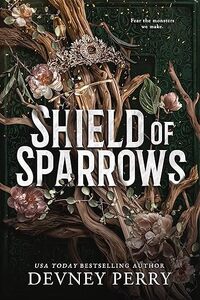

Purchase
The Untold Story of How Abraham Lincoln Used the Telegraph to Win the Civil War
Collins
November 2006
On Sale: October 31, 2006
256 pages
ISBN: 006112978X
EAN: 9780061129780
Hardcover
Add to Wish List
Non-Fiction | Historical
The Civil War was the first "modern war." Because of the
rapid changes in American society, Abraham Lincoln became
president of a divided United States during a period of
technological and social revolution. Among the many modern
marvels that gave the North an advantage was the telegraph,
which Lincoln used to stay connected to the forces in the
field in almost real time. No leader in history had
ever possessed such a powerful tool to gain control over a
fractious situation. An eager student of technology, Lincoln
(the only president to hold a patent) had to learn to use
the power of electronic messages. Without precedent to guide
him, Lincoln began by reading the telegraph traffic among
his generals. Then he used the telegraph to supplement his
preferred form of communication—meetings and letters. He did
not replace those face-to-face interactions. Through this
experience, Lincoln crafted the best way to guide,
reprimand, praise, reward, and encourage his commanders in
the field. Mr. Lincoln's T-Mails tells a big
story within a small compass. By paying close attention to
Lincoln's "lightning messages," we see a great leader adapt
to a new medium. No reader of this work of history will be
able to miss the contemporary parallels. Watching Lincoln
carefully word his messages—and follow up on those words
with the right actions—offers a striking example for those
who spend their days tapping out notes on computers and
BlackBerrys. An elegant work of history, Mr.
Lincoln's T-Mails is an instructive example of timeless
leadership lessons.
Comments
No comments posted.
Registered users may leave comments.
Log in or register now!
| 


 © 2003-2025 off-the-edge.net
all rights reserved Privacy Policy
© 2003-2025 off-the-edge.net
all rights reserved Privacy Policy